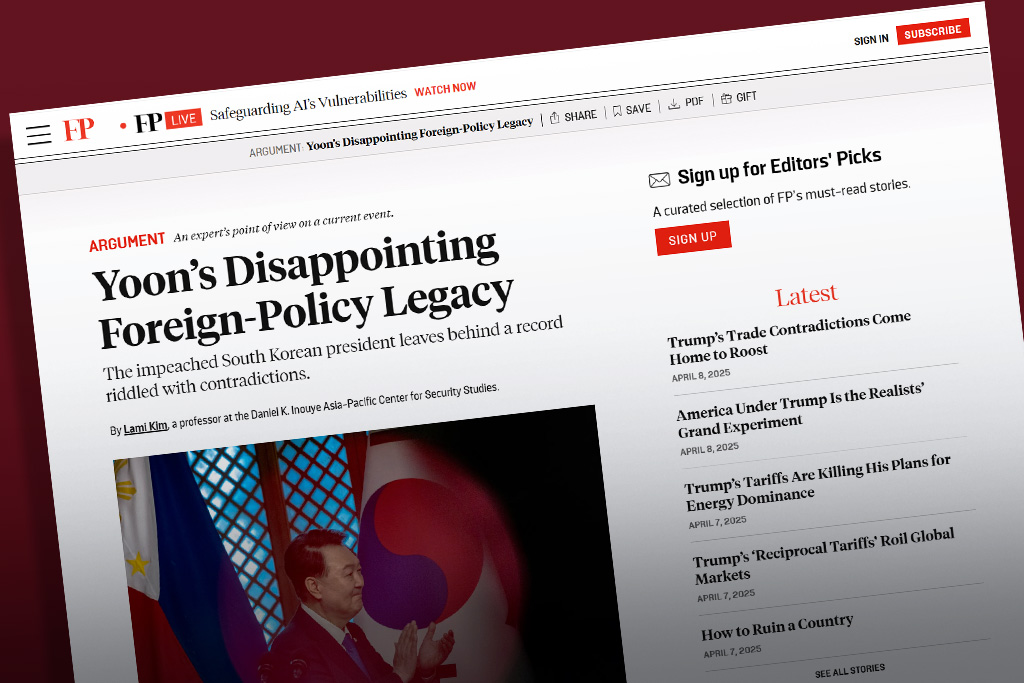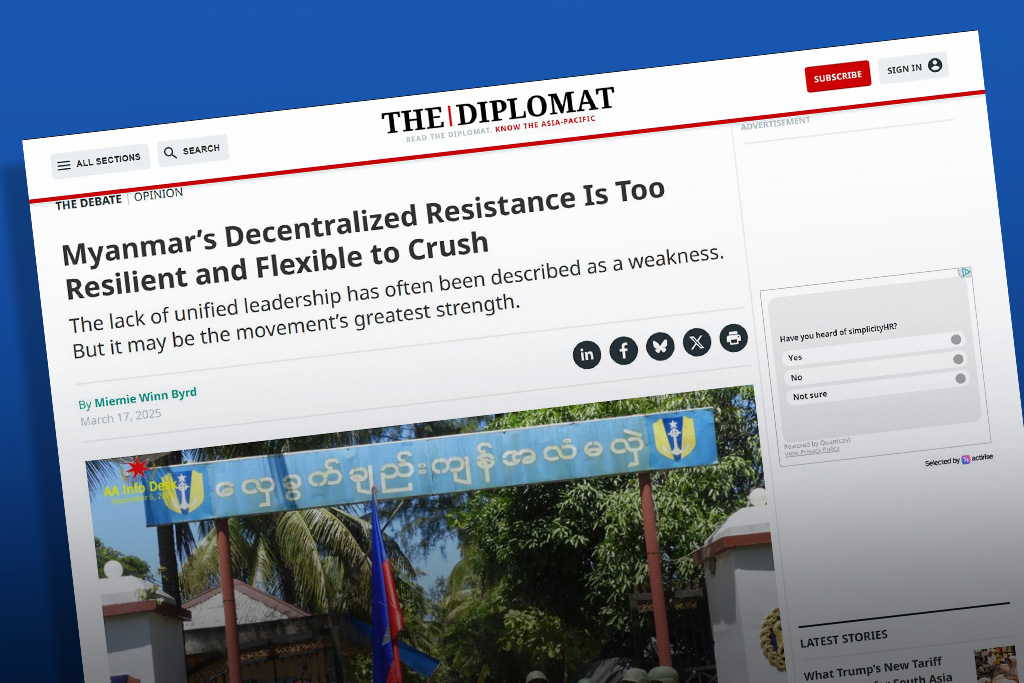“Why the South China Sea Ruling Is a Game Changer” by Dr. Vuving was recently published by The Diplomat. In this OpEd, he describes how the ruling has transformed the strategic landscape in the South China Sea.
According to Dr. Vuving, “The arbitral’s decision is reconfiguring the game nations play in the South China Sea in three main ways. First, it brings a great deal of clarity to the game and legally clears most of the South China Sea from dispute. At its core, the verdict includes several key judgments that help accomplish this. Perhaps most consequentially, it says that China’s “nine-dash line” has no legal basis and no country can lawfully claim “historic rights” in the sea. Beyond this, it also ruled that none of the features in the Spratly Islands can generate a continental shelf and an exclusive economic zone (EEZ), which may extend to 200 nautical miles (nm) from shore. Lastly, it decided that five features in the Spratlys, including Mischief Reef and Second Thomas Shoal, are “low-tide elevations,” reaffirming an earlier court ruling that low-tide features cannot be appropriated, by occupation or otherwise, and should belong to the continental shelf of its surroundings.”
He also stated that, “the verdict has now superimposed a more powerful and polarized two-sided configuration to all this. Every claimant and every user of the South China Sea now faces a pivotal choice: to accept the ruling or to reject it.”
The full article can be read at this link: http://thediplomat.com/2016/07/why-the-south-china-sea-ruling-is-a-game-changer/
His second article is a policy brief on “How Lifting the U.S. Arms Embargo on Vietnam Matters” written for the Rising Powers Initiative.
In this brief, Dr. Vuving discusses the potential consequences of the May 2016 announcement that the U.S. was lifting a 50-year embargo on weapon sales to Vietnam.
Some of the issues addressed in the brief include potential changes in Vietnam’s arms purchases and its impact on U.S. arms producers as well as its effect on human rights in Vietnam.
Vuving states that “contrary to some expectations, the arms ban’s end will not be a windfall for U.S. arms producers, nor will it be a boost for Vietnam’s repressive regime. However, it will have long-term impacts on the U.S.-Vietnamese relationship and bolster Obama’s application of soft power to the region.”
The Initiative is hosted by the Sigur Center for Asian Studies at the George Washington University’s Elliott School of International Affairs.
The full article can be read online at: http://www.risingpowersinitiative.org/publication/how-lifting-the-u-s-arms-embargo-on-vietnam-matters/
Finally, “ADIZ in the South China Sea: Nine-Dash Line 2.0?” by Dr. Alexander Vuving was published this week by The National Interest. In this article, Vuving discusses whether he believes China will set up a ADIZ in the South China Sea and what it could potentially look like.
Read the full article online at this link: http://nationalinterest.org/feature/adiz-the-south-china-sea-nine-dash-line-20-17121?page=show
The views in this article are the author’s own and don’t necessarily reflect those of the U.S. government, the Department of Defense, or the Asia-Pacific Center.
-END-











Leave A Comment